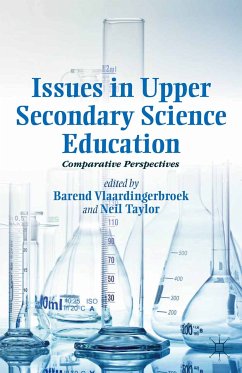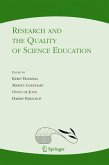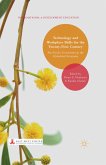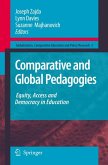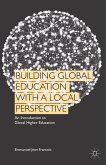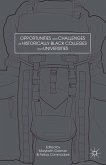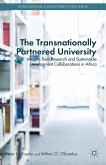Dieser Download kann aus rechtlichen Gründen nur mit Rechnungsadresse in A, B, BG, CY, CZ, D, DK, EW, E, FIN, F, GR, HR, H, IRL, I, LT, L, LR, M, NL, PL, P, R, S, SLO, SK ausgeliefert werden.
"At a time of increasing globalisation, international comparisons between education systems have become ever more important. This volume brings together contributions from 13 countries and one region (the Middle East) to provide a valuable perspective on key issues in upper secondary science. The result is both informative and, in places, quite surprising. This is a book that should be of value to anyone looking to improve their country's secondary science education or to understand how it compares in its organisation to other countries." - Michael J Reiss, Professor, Institute of Education, University of London, UK
"I highly recommend this book to secondary science teachers and educational policy personnel, no matter what country they come from, as the book is a fascinating, accurate and up to date account of the issues facing secondary teachers around the world. The book fills in the gap in educational writing on science teaching. As a secondary teacher in Australia who teachers mainly senior secondary classes I found myself in agreement with many of the explanations and opinions put forward by the outstanding group of contributing authors in this well written book based on current research on policy and its application." Stephen Zander, President of the Australian Science Teachers Association
"Barend Vlaardingerbroek and Neil Taylor provide a fresh and concise summary of the progress of science teaching. The complementary chapter structure allows the reader to easily compare the motives and strategies employed in teaching modern science, both junior and senior, in a variety of jurisdictions around the world. This book is an excellent starting point and reference for anyone looking to compare how and why science is being taught around the globe." - Ross Hudson, Research Fellow, Australian Council for Educational Research

